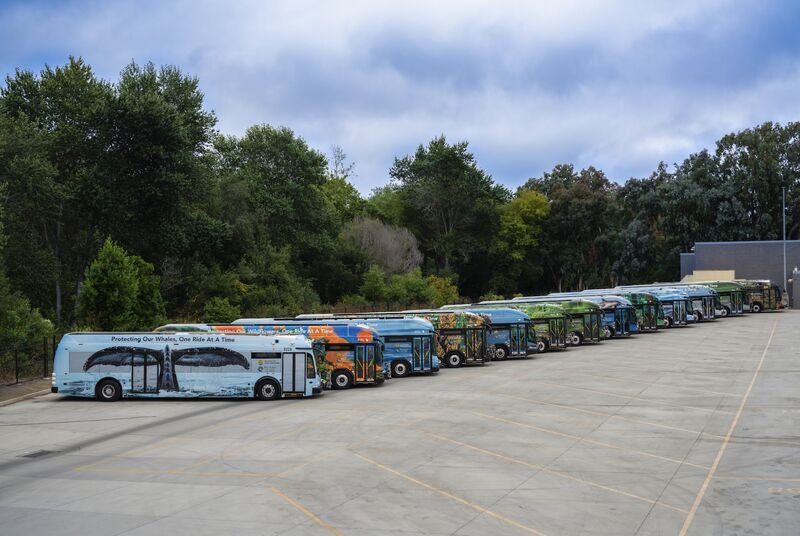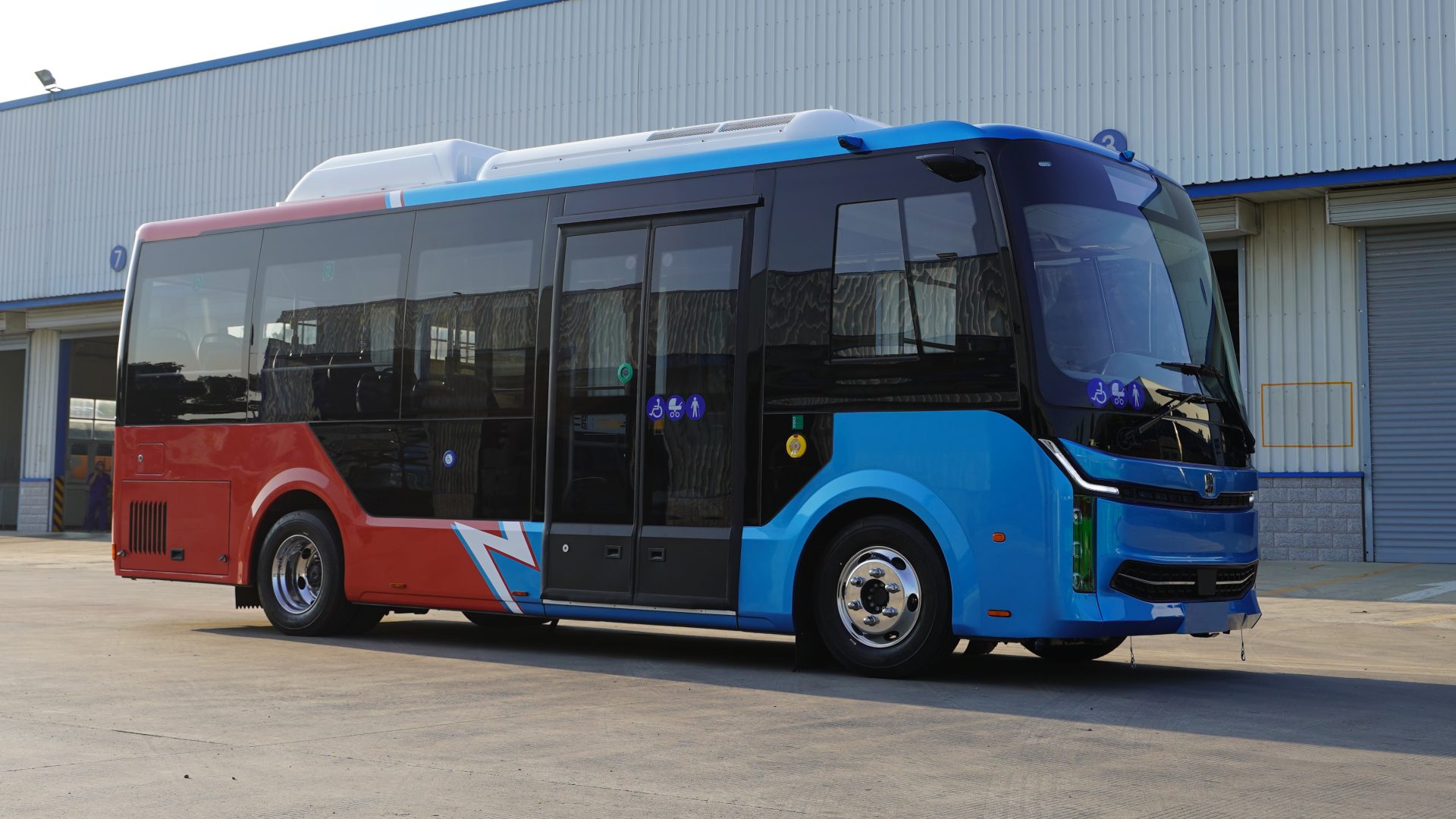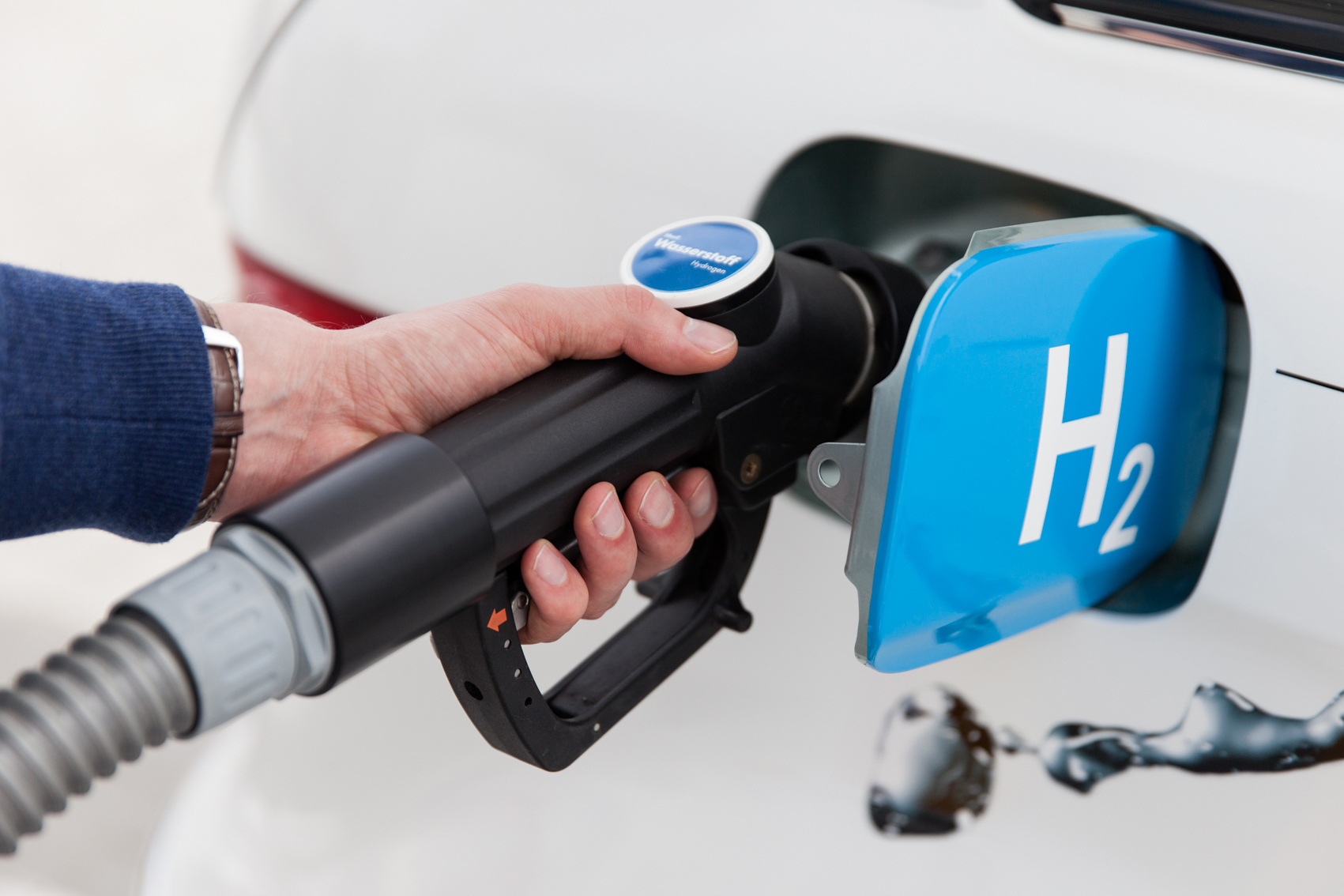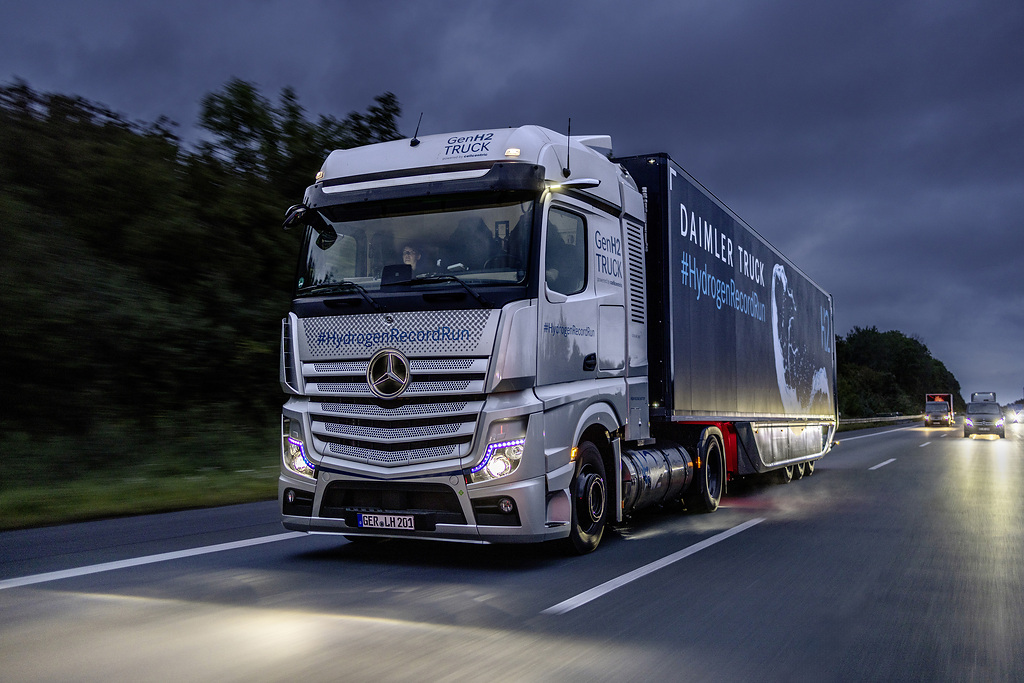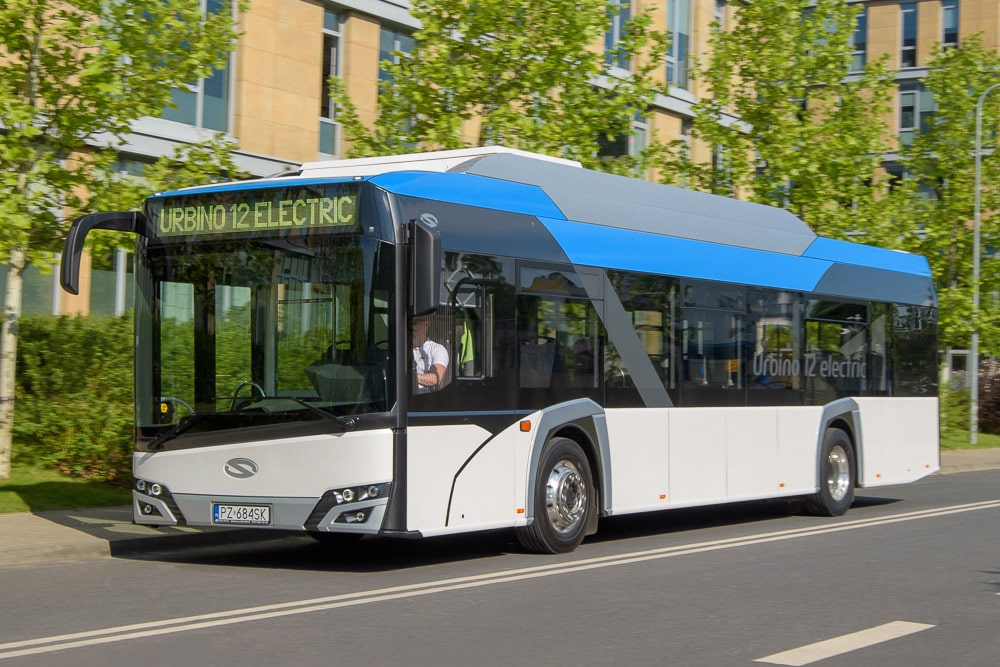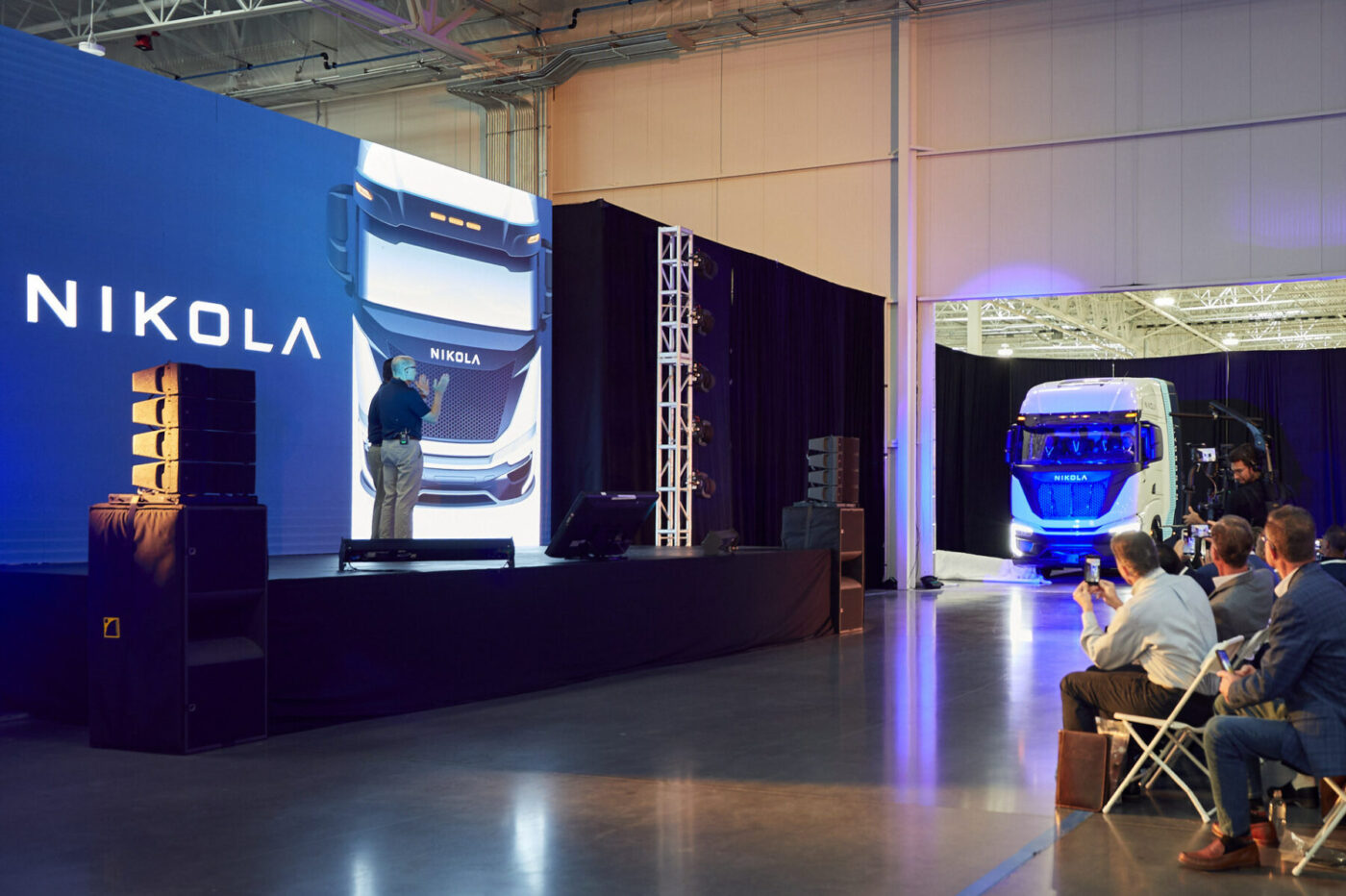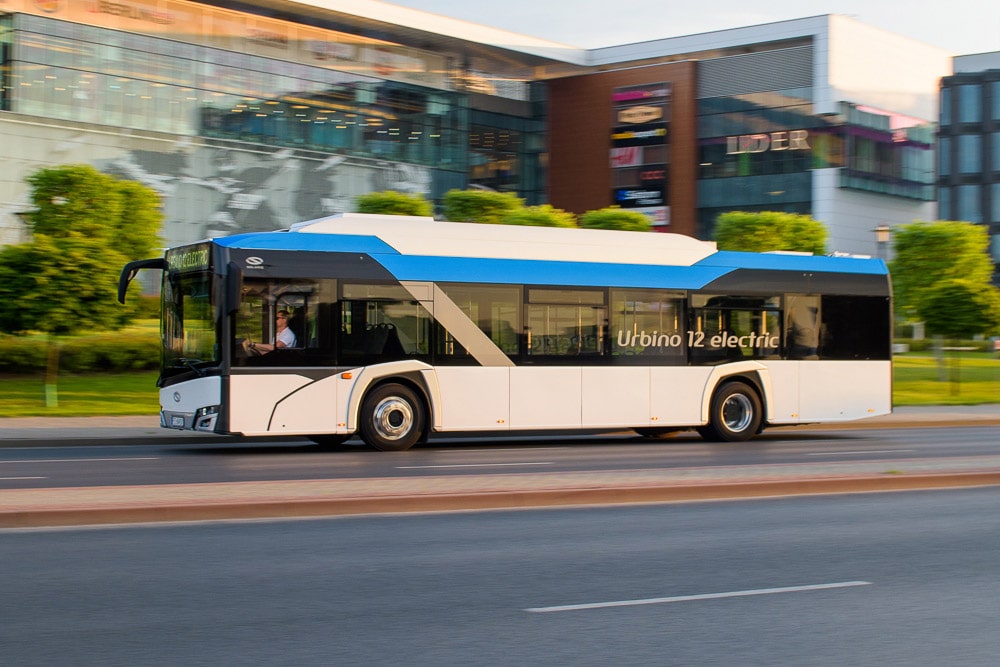The Board of Directors of the Santa Cruz Metropolitan Transit District (METRO) has given the green light to the acquisition of 57 New Flyer hydrogen-powered, fuel cell electric buses (FCEBs). This monumental procurement is poised to become the most extensive purchase of FCEBs in North America, signaling a significant leap in eco-friendly public transportation.
Anticipated for late 2024, METRO is set to welcome 57 new FCEBs into its fleet, comprising forty-eight 40-foot buses and nine 60-foot articulated buses. The majority of these buses will find their purpose in the Watsonville service area, as METRO commits to serving this region exclusively with zero-emissions vehicles resulting from this acquisition.
See also: Nova Bus to supply 5 electric buses to Washington Metro’s program
This significant addition to the fleet will replace aging compressed natural gas (CNG) and diesel buses, effectively transitioning 59% of METRO’s vehicle lineup to zero-emission technology. This commitment aligns with the goals of California’s Innovative Clean Transit (ICT) Regulation, accelerating the move to 100% zero-emission fleet years ahead of the regulatory deadline.
At present, METRO’s fleet includes 10% zero-emissions buses (ZEB). With this single acquisition, that figure will soar to over 69%. In aggregate, this transition from CNG and diesel vehicles to zero-emissions FCEBs will contribute to a substantial reduction of 1.2 million metric tons of CO2 equivalent (MTCO2e) in greenhouse gas emissions.
METRO’s ambitious plans also encompass the construction of a hydrogen fueling station to facilitate the transition to zero-emission vehicles for their entire 94-bus fleet. Moreover, future upgrades to this hydrogen fueling station will enable it to accommodate the zero-emission fueling needs of local partner agencies and other stakeholders.
See also: New Flyer Secures New Order for 26 Electric Buses from COTA in the USA
This remarkable FCEB procurement has been made possible through a combination of funding sources, including a $20.4 million grant from the Federal Transit Administration’s FY23 Bus and Bus Facilities program and a $38.6 million award from the California State Transportation Agency’s Transit and Intercity Rail Capital Program (TIRCP). METRO has further submitted an application for $27 million from the California Air Resources Board’s Volkswagen Environmental Mitigation Trust, administered by the San Joaquin Valley Air Pollution Control District.
Notably, METRO’s commitment to purchasing FCEBs from North American bus manufacturer New Flyer was solidified in June, and in August, the California Transportation Commission (CTC) granted approval for METRO to utilize 2023 TIRCP award funds for this acquisition.
See also: Toronto Transit Commission (TTC) Signs Agreement with New Flyer for Up to 621 Electric Buses
Founded in 1968, METRO’s mission centers on providing environmentally sustainable transportation to Santa Cruz County. The agency operates county-wide, fixed-route and Highway 17 commuter services, linking to Santa Clara County and Monterey Salinas Transit at the Watsonville Transit Center. METRO also operates ParaCruz paratransit service. Currently, METRO manages a fleet of 94 buses operating on 24 fixed routes, complemented by 32 paratransit vehicles. This acquisition represents a pivotal step towards a more sustainable future for public transit in the region.

